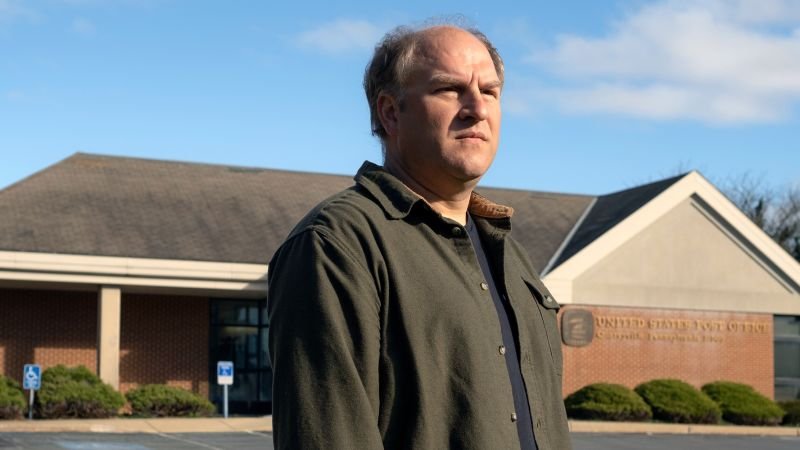The recent Supreme Court case involving former mail carrier Gerald Groff, a devout evangelical Christian, has brought to light important questions about religious accommodations in the workplace. Groff, who worked for the US Postal Service, requested not to work on Sundays due to his religious beliefs, but his request was denied by his employer. This case has sparked a debate about the balance between religious freedom and the operational needs of businesses.
The lower court initially ruled against Groff, citing concerns about the undue burden his request would place on the USPS and the impact it could have on workplace morale. However, during the oral arguments at the Supreme Court, there seemed to be a shift in favor of Groff’s position. Justices expressed concerns about the appeals court’s quick dismissal of Groff’s request and sought to establish clearer guidelines for employers to accommodate their employees’ religious beliefs.
One of the key points of contention in the case was whether the USPS had made sufficient efforts to accommodate Groff’s religious beliefs. The postal service had offered various accommodations, such as adjusting his schedule or asking other workers to cover his shifts. However, Groff argued that these solutions did not fully address his religious observance of Sundays as a day of worship and rest.
The case raised important questions about the obligations of employers under Title VII, a federal law that prohibits discrimination based on religion. In order to make a claim under Title VII, an employee must demonstrate a sincere religious belief that conflicts with a job requirement and show that the employer failed to accommodate this belief. The burden then shifts to the employer to demonstrate that accommodating the employee’s belief would cause an undue hardship.
Justice Amy Coney Barrett and Brett Kavanaugh expressed sympathy for the USPS’s position, noting the potential impact on workplace morale and the financial constraints faced by the postal service. They emphasized the importance of maintaining a positive work environment and the need to balance religious accommodations with the operational needs of the business.
On the other hand, Justice Samuel Alito appeared open to the possibility of overturning decades-old precedent in order to provide greater protection for employees’ religious beliefs. He, along with other justices, acknowledged the challenges faced by individuals like Groff who seek to observe their religious beliefs while also fulfilling their work responsibilities.
Ultimately, the Supreme Court will have to weigh the competing interests in this case and determine whether the USPS adequately accommodated Groff’s religious beliefs. The decision could have far-reaching implications for how employers handle requests for religious accommodations in the workplace and the extent to which they are required to make adjustments to accommodate employees’ beliefs.
In conclusion, the case of Gerald Groff highlights the complex issues surrounding religious accommodations in the workplace. It raises important questions about the balance between religious freedom and the operational needs of businesses, as well as the obligations of employers under Title VII. The Supreme Court’s decision in this case will have significant implications for how employers handle similar requests in the future and the extent to which they must accommodate their employees’ religious beliefs.

